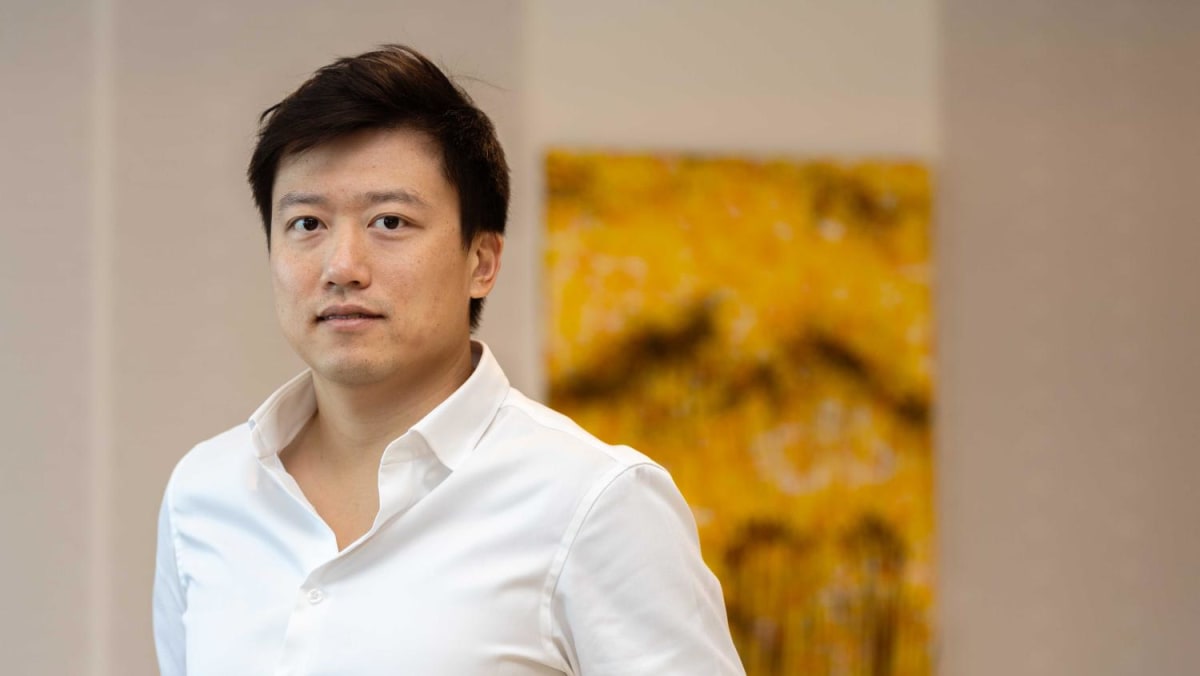
Dale Liu Dongliang
THE CHALLENGE WITH SELF-FUNDED SPORTS
Singapore has traditionally excelled in water sports, such as swimming and water polo.
Unfortunately, underwater hockey was not included in the most recent Sea Games.
Even though this was a bitter pill to swallow, my teammates and I continue to train together with the Underwater Hockey Association of Singapore to make this little known sport more accessible to the wider public.
But doing so also requires surmounting several sizable hurdles placed along our way.
For one, as a self-funded sport, each one of us has to cough up our own funds to purchase equipment and engage overseas coaches, even as we are all on the national team.
That also means having to attend overseas training camps in Australia, which are a fundamental part of our Sea Games preparations.
Over the six-month period leading up to the Sea Games, I had to fork out about S$15,000, which is a substantial sum for anyone.
The issue of sports funding is a tricky one, because there are realistically only two avenues where funds can come from — public and private.
But for lesser-known sports like underwater hockey, private sponsors aren’t necessarily keen, whereas public funds need to be directed judiciously to various sports.
Much has been said earlier this year about uphill challenges faced by self-funded athletes, such as the Singapore’s women tchoukball team that became the world number one despite the fact that the sport is also entirely self-funded.
I’m no expert on the nuances of sports funding, but I know what it is like for sportsmen to remain competitive in such an environment.
While most of my teammates and I could simply rely on the pay cheques from our day jobs, I know that some of my younger teammates struggled to raise funds.
One of them, in particular, was still schooling and she had difficulty paying for her flight ticket to competitions.
She would have lost the opportunity of representing Singapore, were it not for a few of her teammates from the women’s national team who came together and offered to help with her expenses.
The “catch” was that she had to pay it forward, and commit to coaching the next batch of promising athletes.
Funding isn’t the only challenge that we face.
For one, we need to train in the deeper middle section of swimming pools of Singapore, but because most pools only allow bookings along the length, and not the breadth, it’s hard to find suitable training venues.
It was frustrating having to contend with these logistical issues while also trying to be at the top of our game, such as the case for us in the 2019 Sea Games.
Despite all these challenges, which at times made me contemplate leaving the sport, I chose to stay on, because I firmly believe the future is bright for the sport.